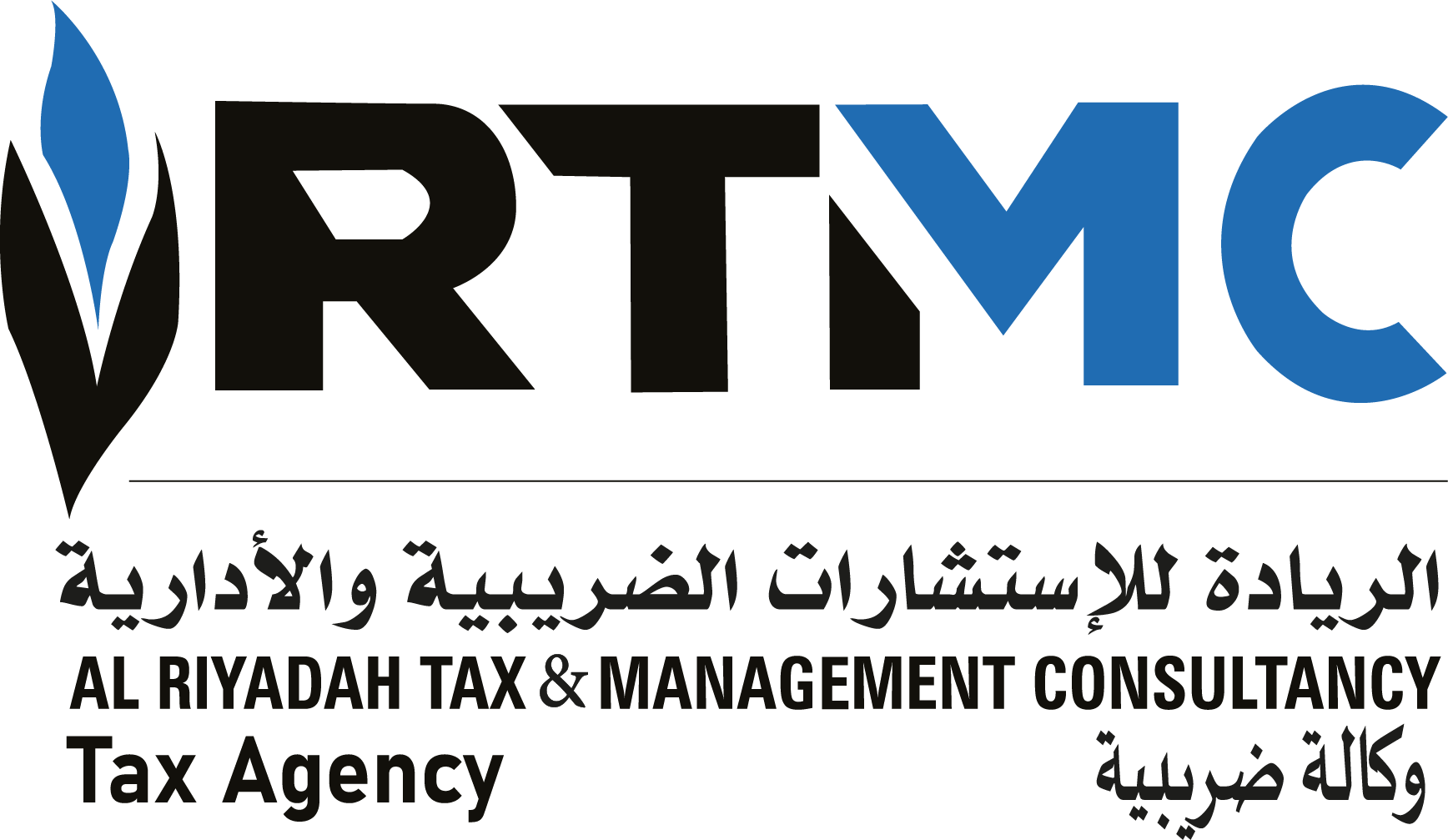

The Importance of Continuous Tax Consulting
Tax consulting is a vital part of financial management strategies for both individuals and businesses. The tax environment is constantly changing, which highlights the importance of obtaining continuous consulting to ensure compliance with current laws and avoid costly mistakes. Financial and tax consulting can guide individuals and business owners toward making informed and correct financial decisions.
By applying effective strategies in financial consulting and tax planning, positive steps can be taken to improve financial performance. For example, through financial situation analysis, tax consulting experts can provide recommendations on how to legally reduce tax burdens, leading to improved revenues and profits. Consulting can also help identify tax opportunities that may be available, such as deductions or tax credits, which can positively impact business development.
Moreover, continuous consulting helps reduce legal risks associated with tax compliance. By understanding tax rules and regulations, consultants can provide the necessary advice to implement appropriate measures that ensure no violations occur that could lead to penalties or fines. This indicates that ongoing communication with financial and tax consulting experts provides the necessary support for making informed decisions, thus enhancing the efficiency of financial activities.
In conclusion, investing in continuous tax consulting is a vital step for good financial performance and business sustainability. Improving financial management and tax compliance is fundamental to the success of any organization or individual in today’s complex economic environment.
Mechanism for Obtaining Continuous Tax Consulting
Financial and tax consulting is a vital element that helps individuals and businesses make informed financial decisions. To access continuous tax consulting that fits business needs, a set of effective steps can be followed. First, you should seek advisors specializing in tax matters, ensuring that accurate and up-to-date information is obtained. You can start by reviewing specialized websites, financial journals, or available online reference points.
Second, it’s important to use professional networks like LinkedIn or local business centers to connect with consultants. Speak with colleagues in the field to get recommendations that may help you choose the most suitable consultant for your organization. When contacting a consultant, be sure to discuss your tax needs in detail and ask for their approach to providing financial consulting.
Third, you can assess whether the prospective tax consultant has a proven track record of working with businesses similar to yours. Inquire about their credentials, previous experiences, and any ratings or reviews from former clients. This helps ensure they have the knowledge necessary to meet your specific needs.
You can also review government websites and certified resources for information about tax laws and the latest updates. These resources can be an important source of information that the consultant needs to provide you with effective financial advice. When selecting a consultant, make sure to also check their fees and payment methods, as this affects your financial budget. By using these dynamics, you can build an effective working relationship with your tax consultant.
Common Challenges Individuals and Businesses Face in Tax Matters
Tax laws are among the most complex aspects of financial management for both individuals and businesses. Compliance with these laws requires a deep and ongoing understanding, which presents many challenges for individuals and companies. One of the most prominent challenges is the lack of awareness regarding the continuous amendments to tax laws. Filing requirements and deadlines can change, making it crucial for concerned human resources to stay updated.
Furthermore, individuals and businesses may struggle with correctly classifying sources of income. For example, investment income is treated differently from wages. Inaccuracies in identifying income sources and how to handle them can lead to significant issues during tax filing, causing problems related to financial accountability.
Then comes the challenge related to a lack of information. Many individuals and businesses do not possess sufficient knowledge about financial or tax consulting, affecting their ability to make informed decisions. Due to this lack, many tend to make financially ineffective choices, such as utilizing incorrect deductions or failing to take advantage of allowable tax reductions.
In this context, the importance of financial and tax consulting emerges as an effective solution to face these challenges. Continuous consulting can help individuals and businesses understand the complexities associated with tax laws and develop strategies that enable them to comply correctly. Moreover, such consulting contributes to enhancing tax awareness and empowering individuals and businesses to make more informed and financially sustainable decisions.
Successful Experiences in Continuous Tax Consulting
In the modern business world, financial and tax consulting plays a vital role in guiding companies toward success and growth. Many successful experiences have shown how continuous tax consulting can improve the financial performance of individuals and businesses, highlighting the importance of seeking experts in this field. For instance, a small manufacturing company collaborated with a tax consultant to assess its financial situation and identify opportunities for improving tax efficiency.
Through conducting a comprehensive analysis, the tax consultant was able to uncover significant tax reductions that the company was unaware of. With the implementation of these consultations, the company experienced a noticeable increase in its net profits, enhancing its competitive capacity in the market. This example reflects how financial and tax consulting can transform challenges into opportunities.
Additionally, there is another case of a self-employed individual in the technology consulting field, who faced difficulties in managing his annual tax obligations. After contacting a tax consultant, a comprehensive plan was developed to manage financial and tax matters. This plan led to a reduction in the risks associated with tax obligations and provided higher levels of financial clarity. Thus, successful experiences in continuous tax consulting illustrate how thoughtful and professional analyses can redirect individuals and businesses toward more sustainable and financially secure paths, enhancing institutions’ ability to adapt and grow.
